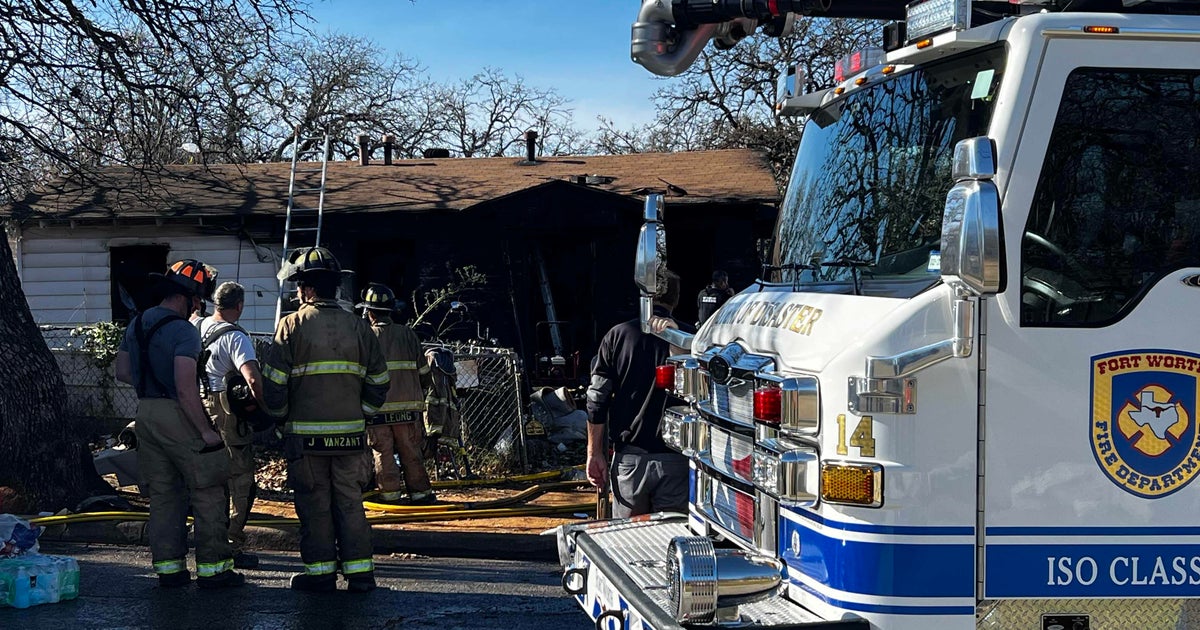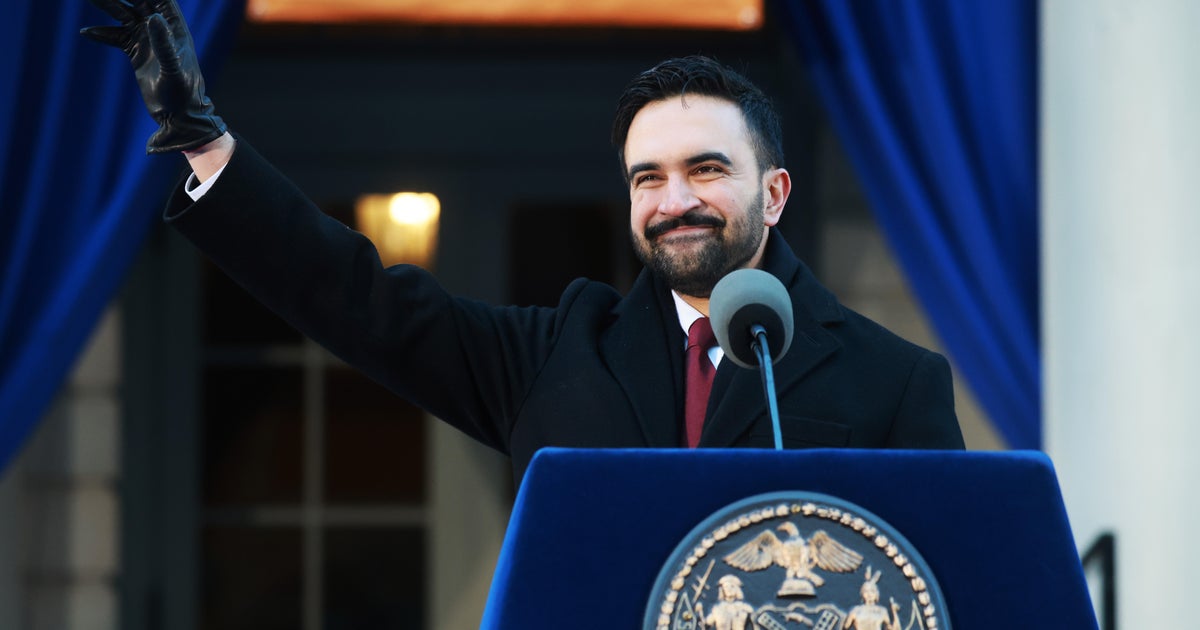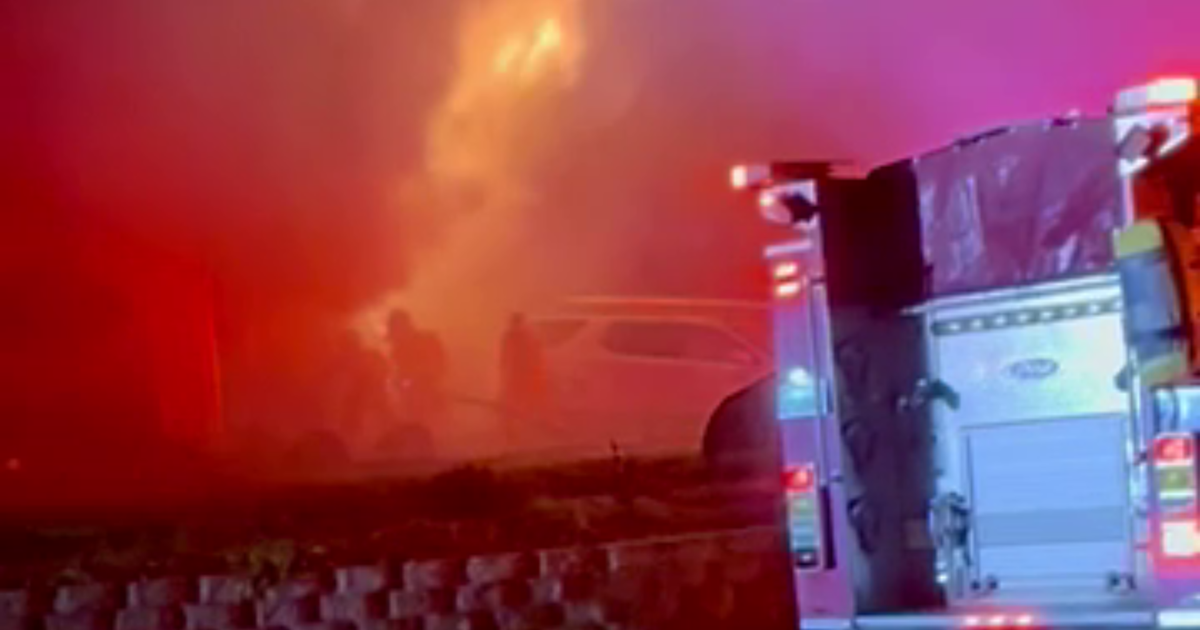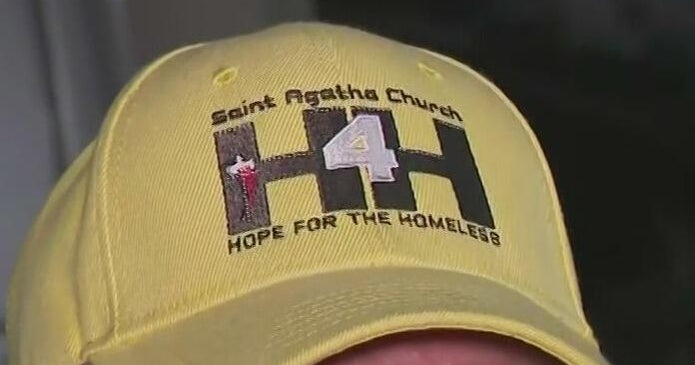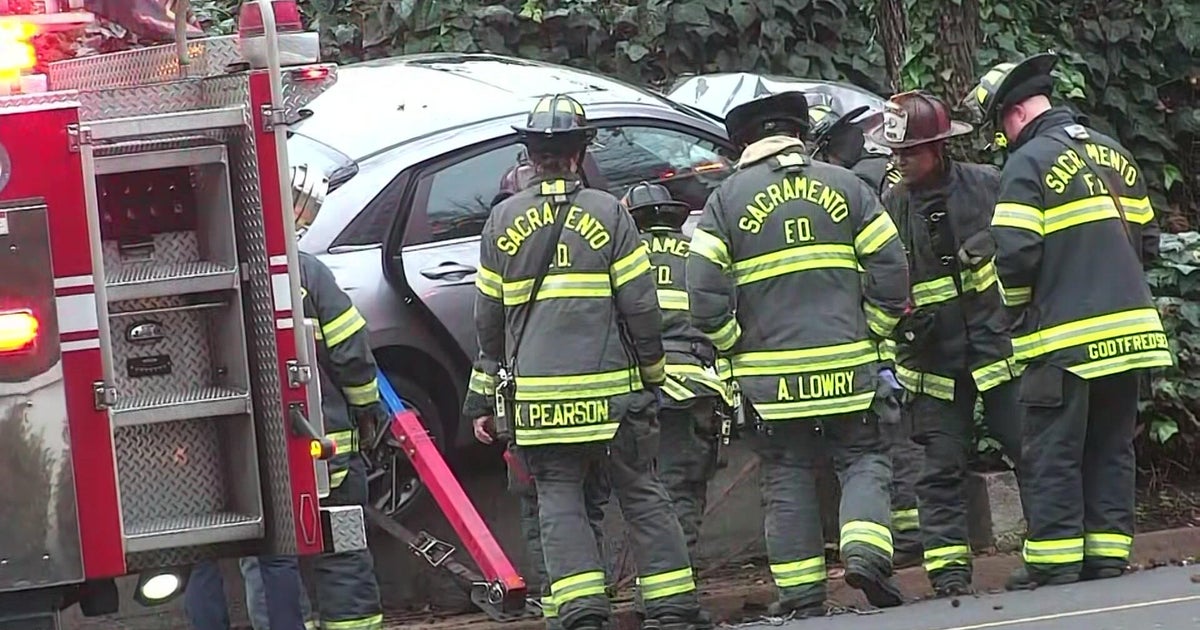Hatzoloh Volunteer Ambulance Corps To Receive City Council Funding
NEW YORK (CBSNewYork) -- For the first time, Hatzoloh, one of the largest volunteer ambulance corps in the country, will receive funding from the city council.
Leaders gave CBSN New York's Lisa Rozner an exclusive look inside the operation.
Inside the dispatch center at Hatzoloh's Flatbush division, there are only two people. One speaks to the caller, while the other is already requesting the closest emergency responder, tracked on a map.
"We just saw a call came in from a patient that was involved in a motor vehicle accident in Woodmere," Hatzoloh board member Zelig Gitelis said. "Within seconds, the first unit responded, the second unit responded."
While those first units are administering first aid, another volunteer picks up an ambulance from the nearest Hatzoloh garage.
"There's nobody sitting in a place waiting for a call to happen. It's just people dispersed all over the city that have a two-way radio," Hatzoloh board member Isaac Stern said.
That's how they can reach patients so fast.
For instance, it's how responders were able to reach Lois Oppenheimer when she fell into a brick wall and broke her arm in Kensington.
"I was in a lot of pain," Oppenheimer said. "My friend Phyllis came over and she said, I'm calling Hatzoloh, and within 10 minutes, Hatzoloh came. Right behind them was 911."
There are 100 ambulances that help shoulder some of the burden that would otherwise fall on the FDNY, with which they have a mutual aid agreement.
"We respond to calls in the five boroughs, Nassau County, Sullivan, Orange and parts of Ulster," Gitelis said.
"Everybody calls us. It doesn't matter. We don't ask your race, your religion, your ethnicity. We don't care. We're here to help people," Stern said.
All 1,500 volunteers carry medical equipment in their personal cars, including Gitelis, whose other career is an accountant, and Stern, a property manager.
"At the minimum level, they are EMTs, emergency medical technicians. At the highest level, they are physicians," Gitelis said.
Watch Lisa Rozner's extended story --
"Hatzoloh" means "rescue" in Hebrew.
Gitelis says the organization was started in Williamsburg in 1969 "by a man named Hershel Weber, who's the one that saw his friend die of a heart attack and went out and bought these oxygen tanks."
Hatzoloh volunteers were one of the first on scene during 9/11. Some recently died due to related illnesses. Special services trucks and ambulances were also destroyed as they tried to help.
"Hatzoloh had hundreds of responders there that day," Gitelis said. "I was there on 9/11. In fact, I had nose surgery seven years later from the smoke that I took in on 9/11."
Now, the nonprofit that answered the call for so many put out its own call for help to New York City Council's Jewish caucus, asking for $150,000 toward operating costs. The nonprofit has always been funded by donations. It costs more than $10 million to run all 13 divisions.
"The demands are going up. Philanthropy, to a certain extent, has gone down," Gitelis said.
Because everyone is a volunteer, payroll is not an expense. Leaders say, however, insurance rates have gone up, as well as the cost of equipment. Not to mention, there's been an increase in the volume of calls.
The Jewish caucus, led by councilman Chaim Deutsch, helped secure the money from next year's budget.
"It will be used to maintain our systems, whether it's our dispatch system, the communications, which runs us approximately $350,000 a year just in our Verizon bills," Gitelis said.
And for disposable medical supplies and medications that go in the ambulance.
"It's not only about responding. It's also the follow-up and the caring that Hatzoloh gives to each individual that they respond to," Deutsch said. "My father-in-law had a heart attack and Hatzoloh responded, and the follow-up calls that I received were amazing."
A note from the owner of the Marine Park Funeral Home, who says his family is Christian, recently thanked Hatzoloh for treating his mother, saying its essence "is not a Jewish or Christian characteristic, but instead a human one."

